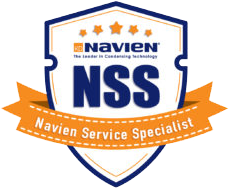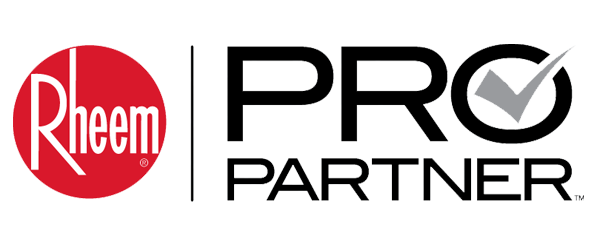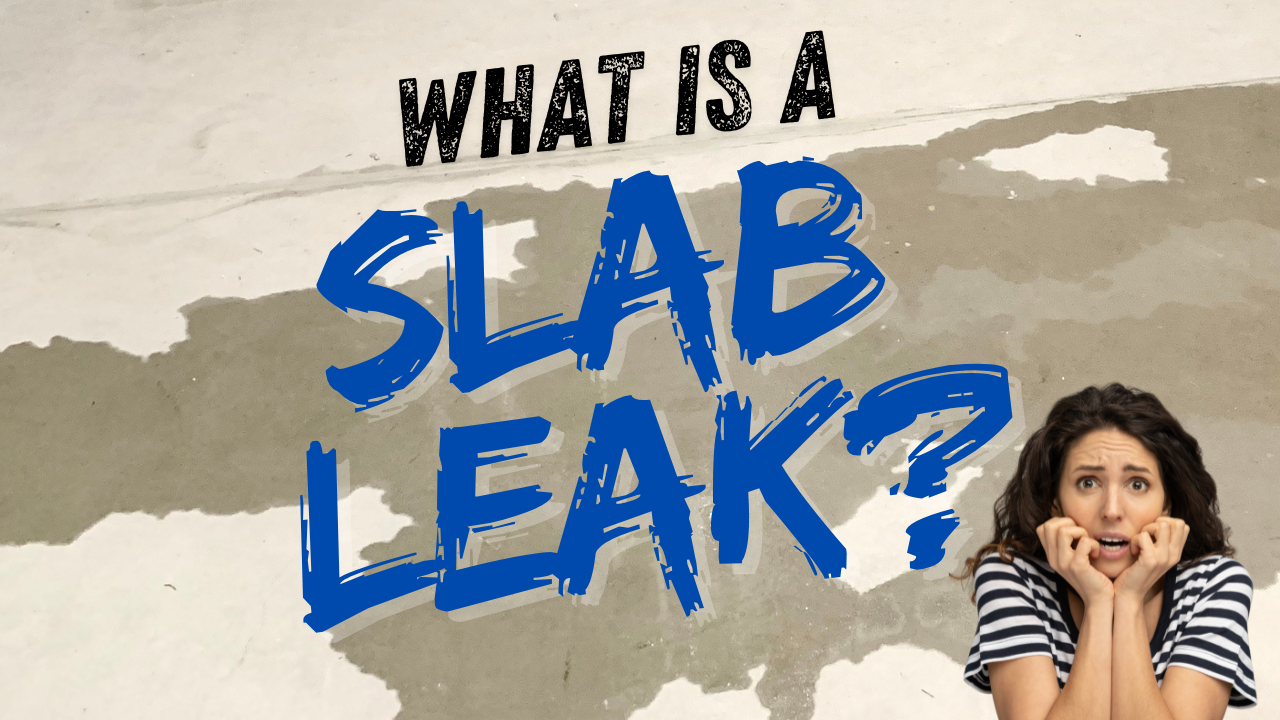6 Different Ways That Water Softening Can Improve Your Holidays
Hard water is a common problem and, depending on where you live, your home may be running on it. Water naturally has minerals in it and hard water is simply water that has a high level of calcium and magnesium. Hard water, however, puts a lot of strain on your plumbing, clothes, dishes, and even your skin. The good news is that it’s a nuisance that can easily be solved with one appliance.
How a Water Softener Can Help You
A water softener works by removing hard minerals, such as calcium and magnesium, out of your home’s water supply. One of the biggest issues with hard water is the scale buildup inside your plumbing, as it can clog pipes and wear down your water appliances. A home without a water softener is also just a nuisance, as it makes it harder to properly clean your home and clothes. No homeowner should have to put up with hard water, especially when a water softener can drastically improve your home’s water supply. If you’re still considering whether it’s time to start shopping for a water softener, here are a few reasons why you should.
- You’ll have healthier skin. Washing with hard water can be harsh on your skin, making you your skin feel dry and scratchy after a shower. Soap is also less effective with hard water because the chemicals in the soap react with the calcium and magnesium and soap curds are formed. Soap curds not only make it difficult to clean yourself, but they also irritate your skin and dry out your hair. Installing a water softener means you’ll have healthier skin and shiny, manageable hair.
- Cleaning the bathroom is easier. A water softener not only improves the quality of your own personal washes, it also makes household chores a lot easier. As discussed, soap and hard water don’t mix, and the result is frustrating soap curds that can be difficult to clean. A water softener helps rinse any stubborn soap residue more thoroughly, and it usually means using less soap and cleaning products because of it.
- Your water appliances last longer. The minerals in hard water end up building inside appliances such as your coffeemaker, dishwasher, or washer, and can drastically reduce their lifespan and efficiency. Installing a water softener not only protects your water appliances, it spares you the expense of some frustrating plumbing repairs.
- It helps your plumbing. Your drains, sewer line, and water heater can all benefit from a water softener. Mineral deposits can form over time and wear down your plumbing drastically, not only causing damages, but potentially increasing your water bill.
- You’ll have cleaner dishes. A common and very frustrating problem when using the dishwasher is discovering that all your clean dishes have unappealing water stains on them. The culprit is usually hard water. Adding a water softener to your home prevents that nuisance, and keeps your dishes looking clean and new.
- Your water heats faster. If you’re tired of waiting for the water to heat up, a water softener can help. The reason why is simple: softened water makes it easier for your water heater to do its job by removing the calcium and magnesium.
What to Consider When Buying a Water Softener
A water softener is a great appliance, but there are a few things to consider first. Adding a water softener to your home is a big expense, and it’s important to make sure you find a unit that best fits your needs. A licensed plumber can help you determine what water softener will work best for you and ensure a safe installation. There are several different types of water softeners. Before you start collecting quotes, here are a few different types to consider.
- Salt-based ion exchange water softener: Considered one of the most common of water softeners, a salt-based ion exchange water softener works by substituting calcium and magnesium with salt. It might not be every homeowner’s preference, especially if you’re concerned about your sodium intake.
- Salt-free water softener: This type of water softener is less of a water softener, but a descaler, as it prevents the minerals from scaling up in your plumbing. Since it only descales, it’s not as effective as a salt-based ion exchange water softener. If your home’s water supply has moderate amounts of minerals, a salt-free water softener might be the ideal choice.
- Dual-tank water softener: For larger households who want soft water on-demand, no matter when, a dual-tank water softener may be the best choice. Traditional water softeners need to recharge, and they do so by disconnecting from the house’s water system, usually overnight when no one typically runs water. A dual-tank water softener, however, has two tanks, enabling it to run continuously.
Enjoy the Holidays Right with Soft Water
Your plumbing, appliances, clothing, and skin will all thank you for adding a water softener to your home. Hard water is not only a cleaning nuisance, but potentially an expensive plumbing problem. Your home deserves the best quality of water, and luckily all it takes is one water softener. Start the holidays right by having a licensed plumber install the greatest gift your plumbing could ask for.
Think you need a new water softener in Dallas or the surrounding area? Call Swan today! Or check out our stellar Google reviews and see why our customers keep coming back for all their home service needs!

Have a question?
Fill in the form below and we'll get back to you as soon as possible.






